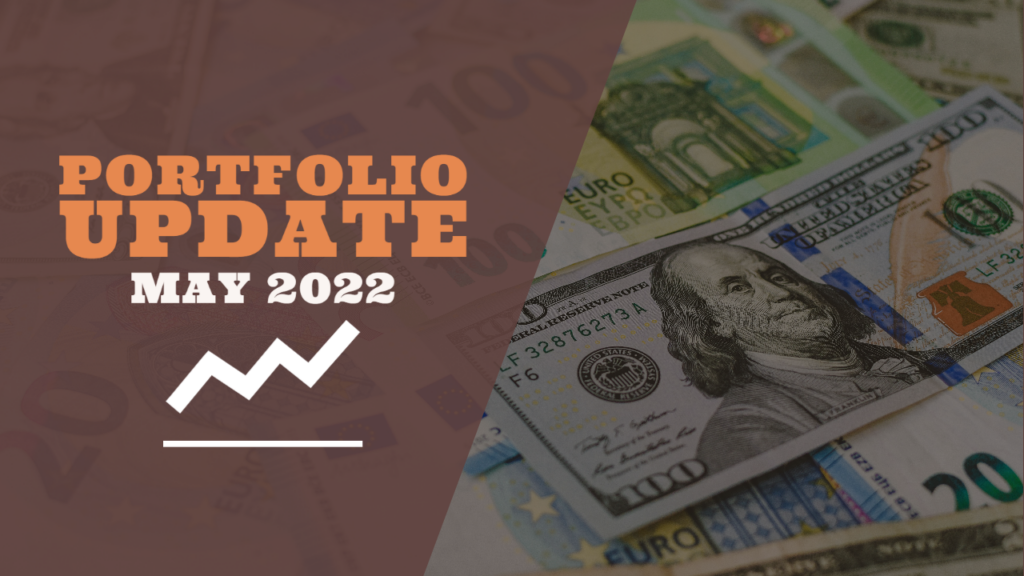I always talk about investing in ETFs and how a big fan I am. For me, passive investing is the way to go and studies show that most people will have the best returns by choosing this investment path. You can always check this post out if you want to know the difference between investing in ETFs or picking stocks.
Today I want to talk about what happens when an Exchange Traded Fund gets liquidated or when the company behind the ETF goes out of business. Do you lose all your money? Let’s find out!
The Process
An ETF that closes needs to follow a liquidation procedure. Shareholders should receive a notification usually 3-4 weeks in advance. This means you should have enough time to find a replacement investment before the ETF stops trading. In these couple of weeks, the ETF will trade as normal. Of course, the news will have an impact on the trading volume and perhaps the price.
If you are still the owner of the shares at the time the final bell rings. You will get the cash equivalent value of the fund’s assets at the time of liquidation. This means that it will not necessarily be equal to the final closing price. It could be less or it could be more. Keep in mind that, depending on your country, an ETF liquidation could trigger a taxable event.
The process may be a bit complicated but it should be mostly painless for the investor. Since you get notified in advance, there is also enough time to decide your strategy. You should also always get fair value for the fund based on the final liquidation!
Identify a Good ETF
When investing in ETFs it is important to look at some statistics to minimize the risk of your ETF gets liquidated. Even though liquidation should not carry many risks, it could be an annoying process for you as an investor. Check the following numbers before investing in any ETF:
- Fund size: a bigger fund, with a lot of assets under management, is less likely to get liquidated.
- Trading volume: This is a good indicator of investors’ interest. Higher volume should mean more liquid.
- Be careful of ETFs that track a very narrow market segment, these are riskier.
- Costs: Always check the yearly fees that come with an ETF. The lower the better!
Overview
ETF liquidation is certainly noting you should panic about. Just research the next fund you are interested in and keep the numbers above in mind!




